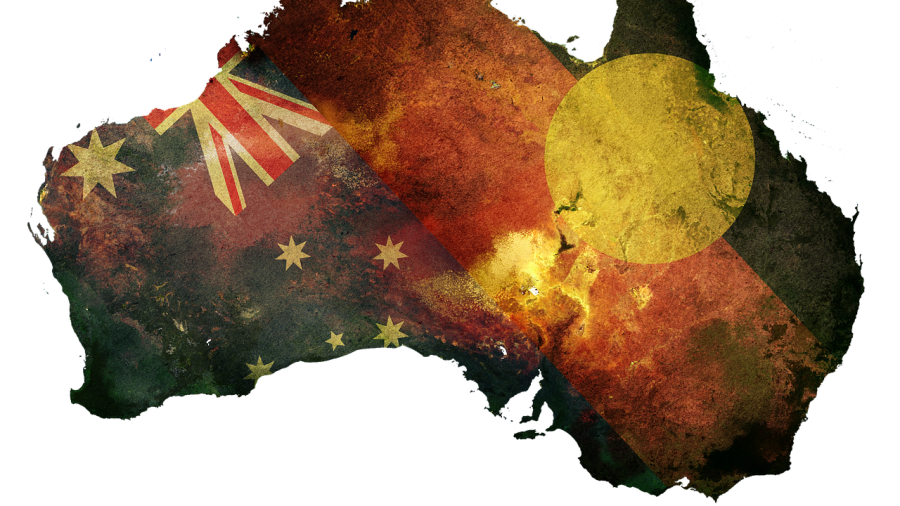
Indigenous Culture:
Australia’s cultural history begins with its Indigenous peoples, who have inhabited the continent for over 65,000 years. Aboriginal and Torres Strait Islander cultures are incredibly diverse, with distinct languages, art forms, and spiritual practices. Dreamtime stories, traditional art such as dot painting, and the didgeridoo are iconic elements of Indigenous culture. Indigenous Australians continue to play a vital role in shaping the country’s identity and advocating for their rights and recognition.
European Influence:
Australia’s European heritage dates back to the late 18th century when British settlers arrived and established colonies. British influences are still evident in Australian institutions, including the legal and political systems, the English language, and the enduring fascination with cricket and rugby. The country’s ties to the British monarchy are also reflected in its flag and continued recognition of the British monarch as the head of state.
Multiculturalism:
Australia’s culture has been significantly enriched by immigration from around the world. Post-World War II, Australia adopted an official policy of multiculturalism, welcoming people from diverse backgrounds. This has led to a multicultural society with a wide array of traditions, languages, and cuisines. Major cities like Sydney and Melbourne are often celebrated for their multiculturalism, boasting neighborhoods with distinct cultural flavors.
Arts and Entertainment:
Australian culture is marked by a vibrant arts scene. The country has produced internationally renowned actors, directors, and musicians. The Sydney Opera House, a UNESCO World Heritage site, is an iconic symbol of the country’s commitment to the arts. Australian cinema, exemplified by the likes of Nicole Kidman, Cate Blanchett, and Hugh Jackman, has achieved global recognition. Additionally, Australian music, including genres like rock, hip-hop, and electronic music, has made significant contributions to the global music scene.
Sports:
Sports play a crucial role in Australian culture, with a strong emphasis on cricket, Australian Rules football, rugby, and tennis. The nation has a proud sporting history, hosting major international events like the Melbourne Cup and the Australian Open tennis tournament. Australians are known for their love of the great outdoors, and sports like surfing, swimming, and rugby are deeply ingrained in the culture.
Food and Cuisine:
Australian cuisine is influenced by the country’s diverse population and abundant natural resources. The “Aussie barbecue” is a cultural institution, and fresh seafood is a culinary highlight, particularly in coastal regions. In addition, multiculturalism has given rise to a wide range of international restaurants and street food vendors, making it easy to find flavors from all over the world.
Festivals and Celebrations:
Australia hosts a variety of festivals and celebrations that showcase its diverse cultural influences. These include Chinese New Year, Diwali, Greek Glendi, and many others. The Sydney Festival, Melbourne International Film Festival, and the Sydney Gay and Lesbian Mardi Gras are also major events that celebrate the arts and cultural diversity.


